In Slavery (Gulamgiri), Jyotirao Phule lays bare the deep ties between social inequality, religious orthodoxy, and exploitation in 19th-century India. A fearless visionary and social reformer, Phule critiques the oppressive caste system and draws compelling parallels between the enslavement of African Americans in the United States and the subjugation of marginalized communities in India.
Through sharp arguments and incisive observations, Phule challenges the Brahmanical dominance, exposing how myths and traditions were weaponized to sustain inequality. This landmark work calls for justice, liberation, and dignity for the oppressed. A bold manifesto for social reform and equality, Slavery remains as relevant today as it was when first penned, inspiring readers to question entrenched systems of power and privilege.
With its combination of historical analysis and unapologetic activism, Jyotirao Phule’s Slavery stands as a powerful testament to the enduring struggle for human rights and social justice
In ‘Castes in India’ Ambedkar provides a pioneering analysis of the origin and development of caste in India. The chapter begins by defining what caste is and explaining its origins from Ambedkar’s perspective, as well as examining the role caste plays in the oppression of women. Ambedkar’s causal explanation of women’s oppression marks a departure from other significant political works of the time, including Gandhi’s, which largely neglect the oppression of women as a critical form of social inequality. Ambedkar’s ‘Castes in India’ serves as a vital corrective to the traditional canon in political philosophy due to the valuable insights it offers.
Dr. Ambedkar’s study of the caste problem involves :
(1) in spite of the composite make-up of the Hindu population, there is a deep cultural unity;
(2) caste is a parcelling into bits of a larger cultural unit;
(3) there was one caste to start with and
(4) classes have become castes through imitation and excommunication.
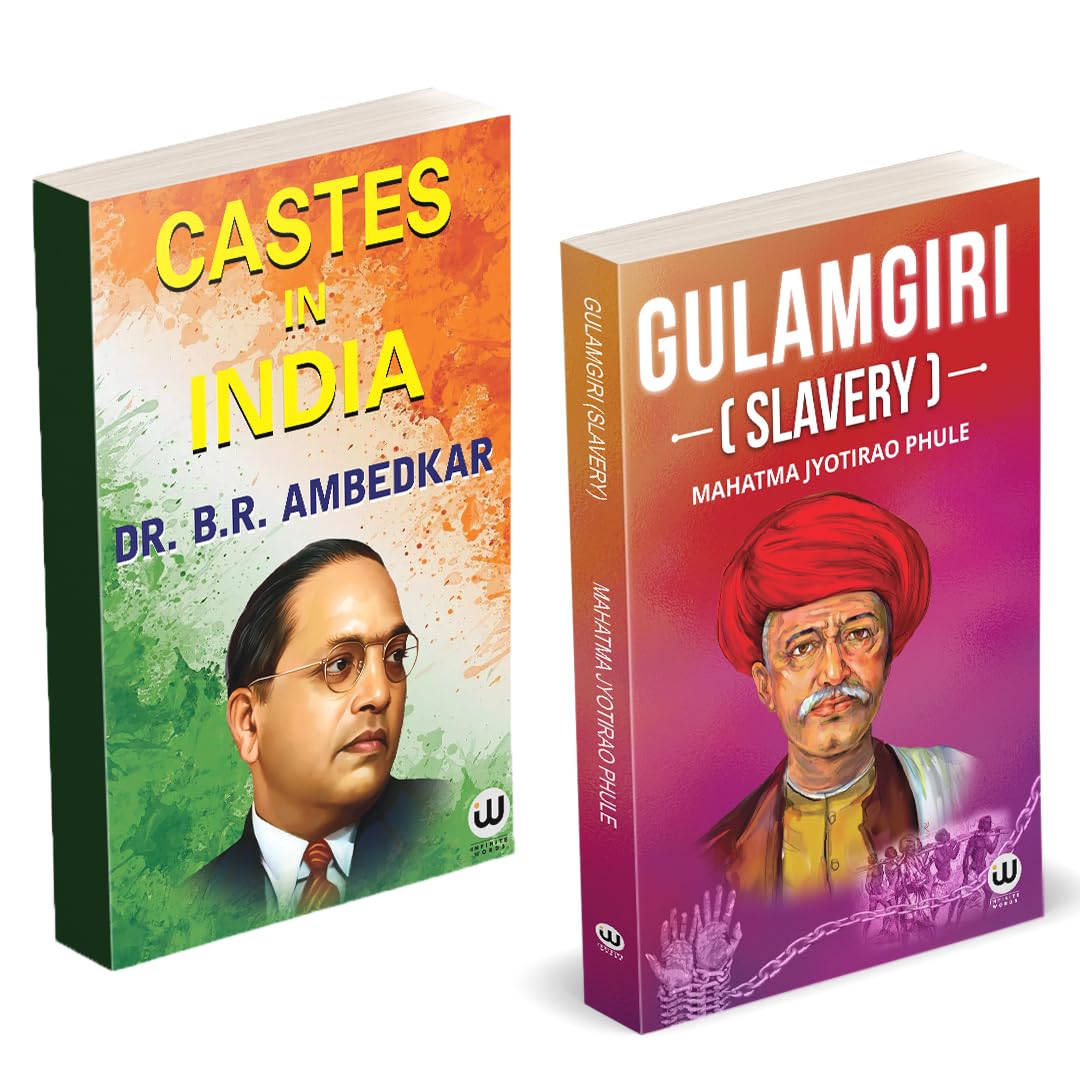
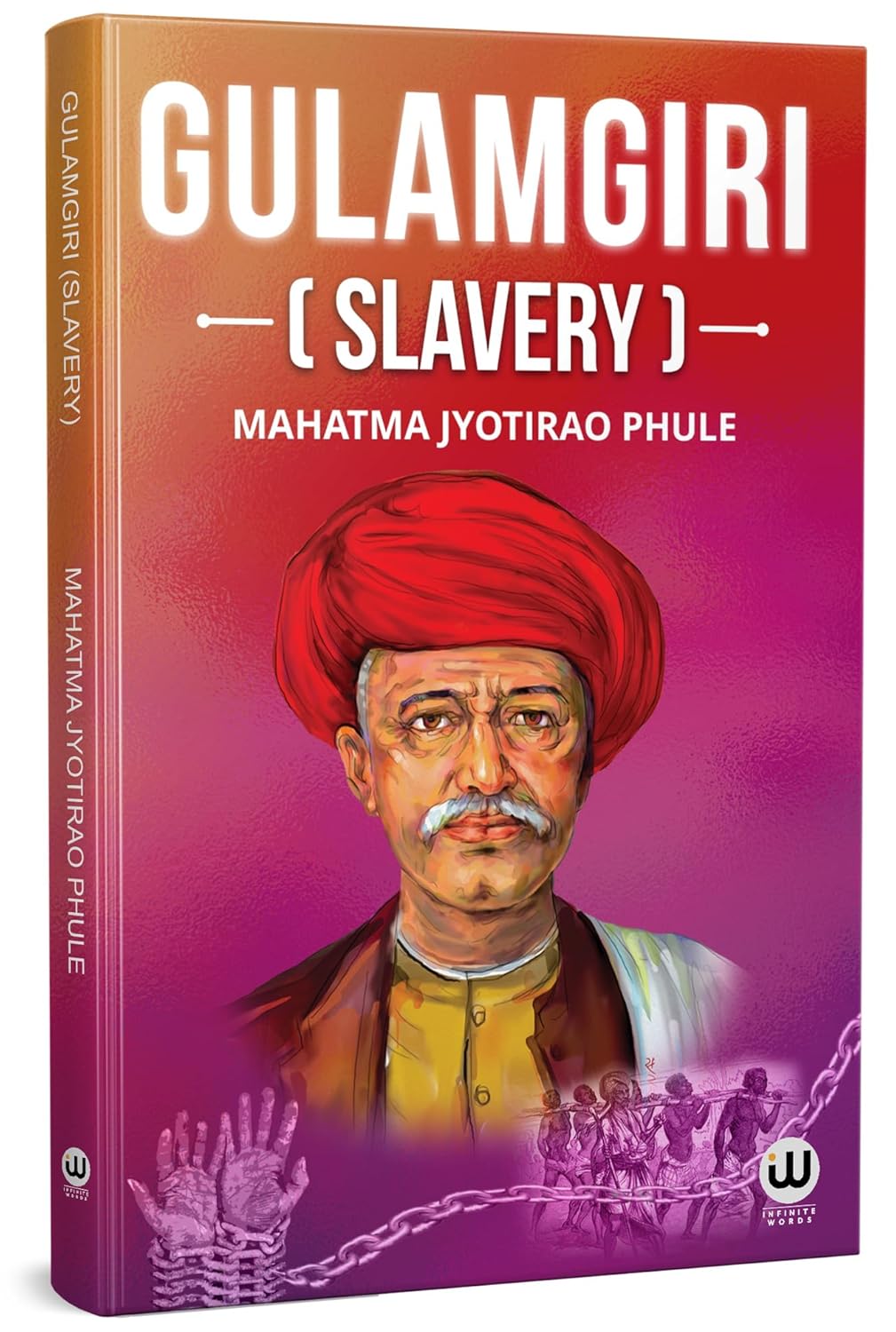
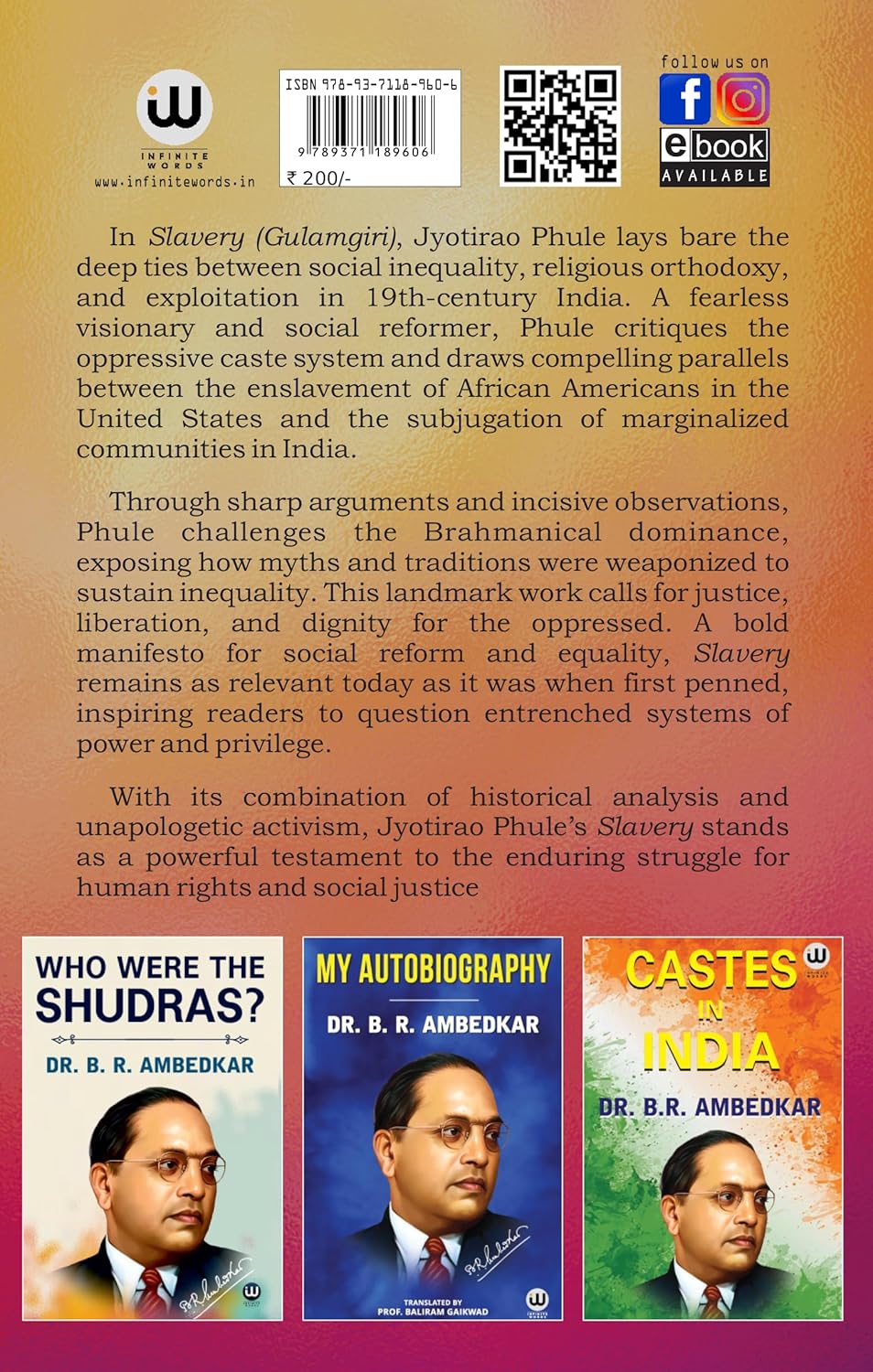
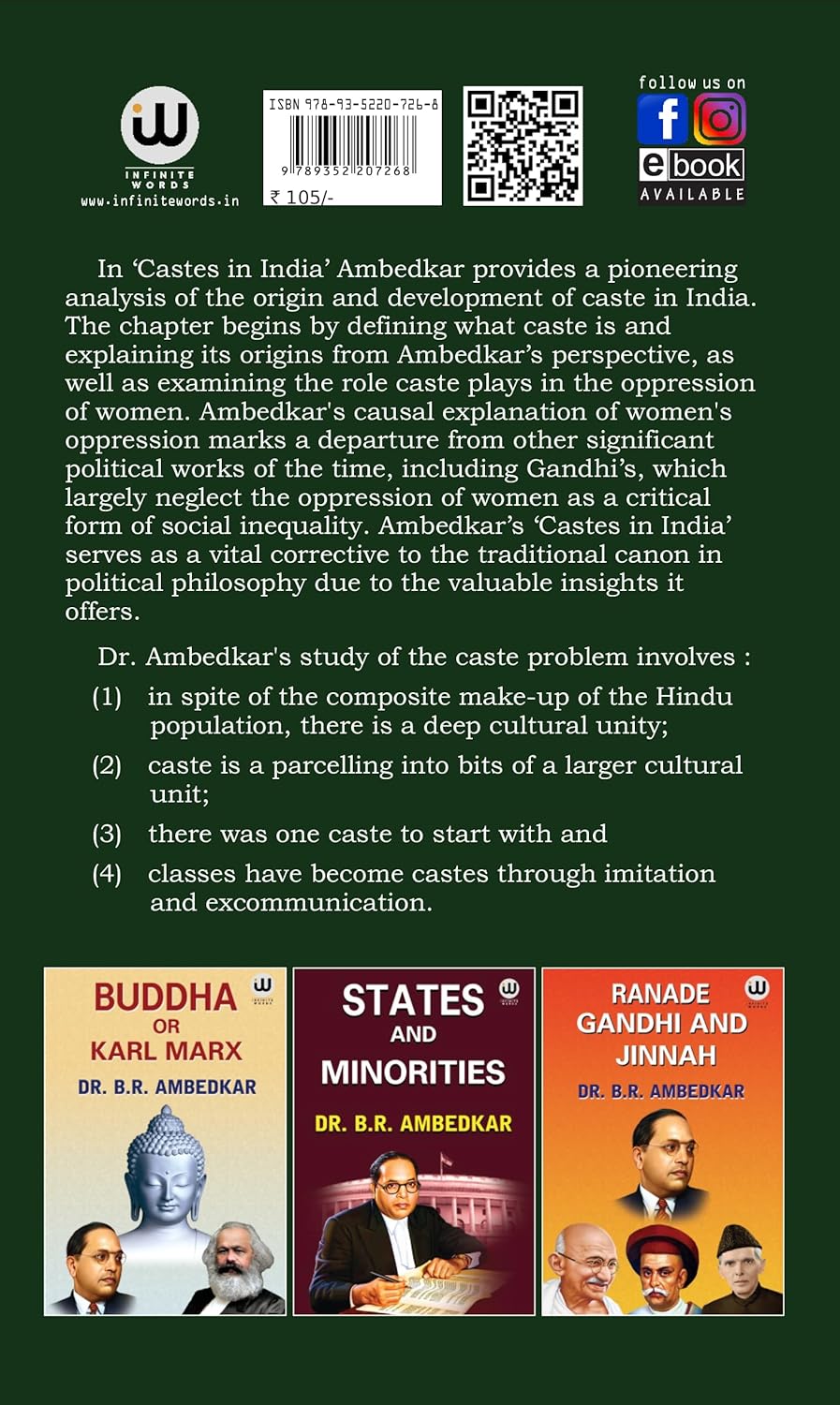
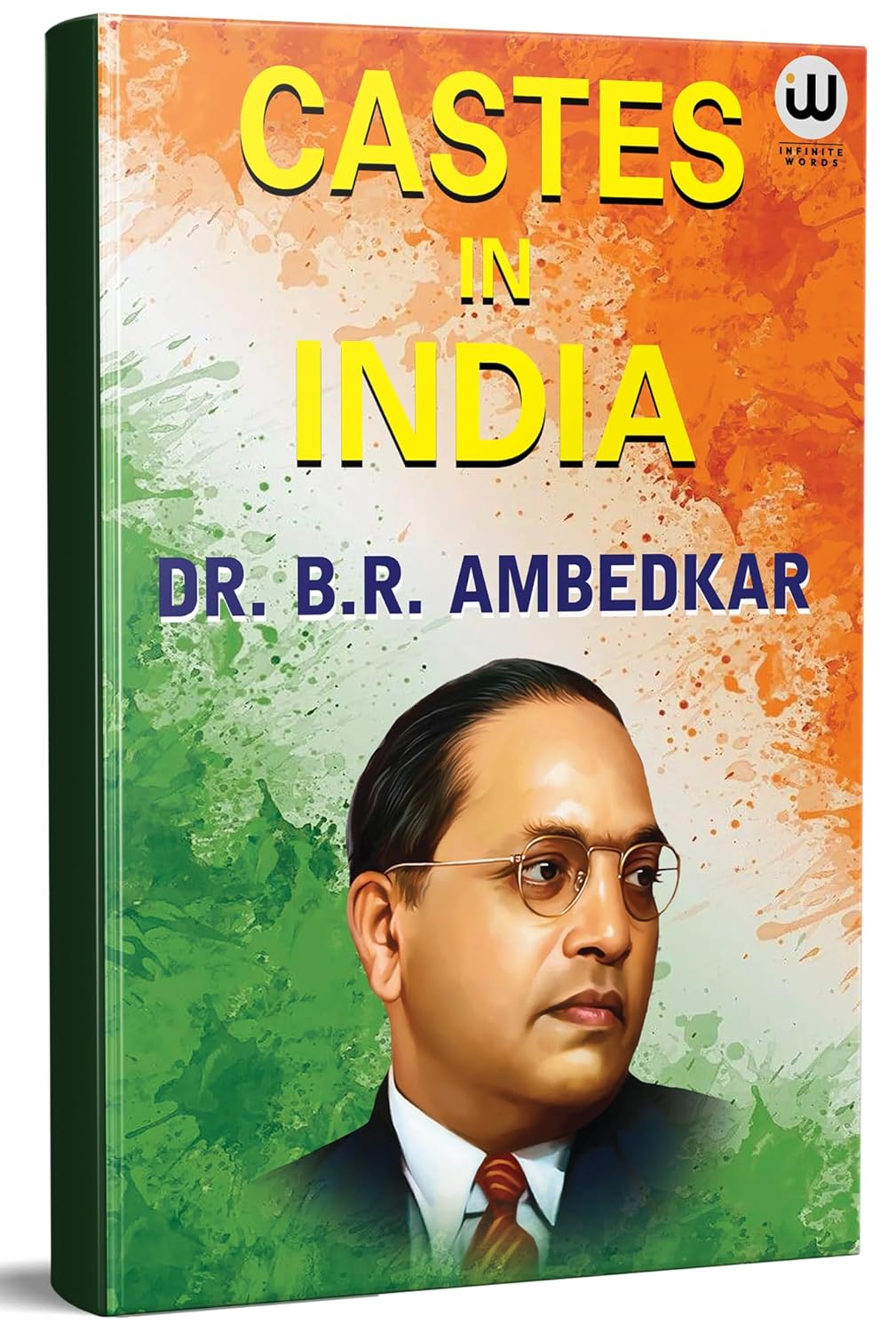





Reviews
There are no reviews yet.